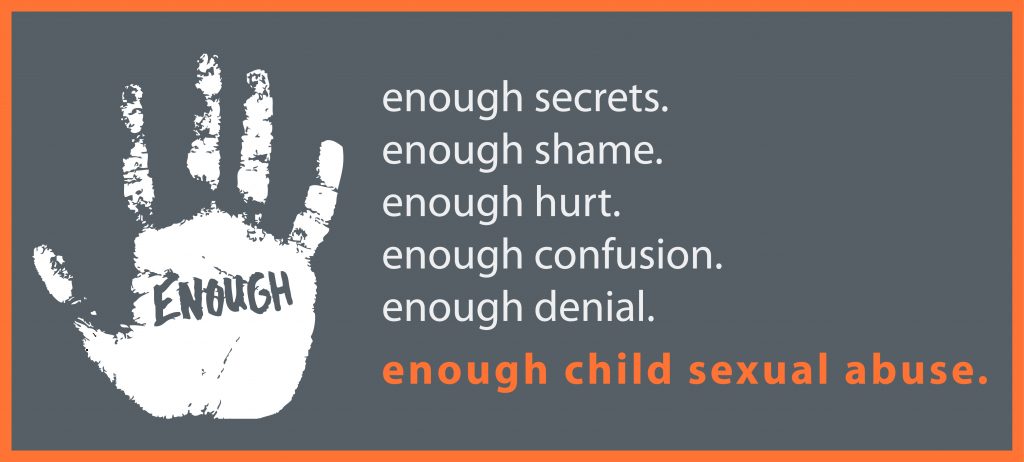In Australia a Royal Commission has been looking into how systems and institutions have facilitated child sexual abuse. The Royal Commission into Institutional Responses to Child Sexual Abuse has been investigating and publicizing case studies of a broad spectrum of Australian institutions, including churches.
In the foreword to the Report, the Commission lays out its approach;
The Royal Commission is aware that sexual abuse of children has occurred in many institutions, all of which could be investigated in a public hearing. However, if the Royal Commission were to attempt that task, a great many resources would need to be applied over an indeterminate, but lengthy, period of time. For this reason the Commissioners have accepted criteria by which Senior Counsel Assisting will identify appropriate matters for a public hearing and bring them forward as individual ‘case studies’.
The decision to conduct a case study will be informed by whether or not the hearing will advance an understanding of systemic issues and provide an opportunity to learn from previous mistakes, so that any findings and recommendations for future change which the Royal Commission makes will have a secure foundation.
The most recent report is an investigation of the Anglican diocese of Newcastle, titled “Case Study 42: The experiences of survivors of child sexual abuse perpetrated by clergy and lay people involved in or associated with the Anglican Diocese of Newcastle.” This is the third time an Anglican institution has been the subject of a case study, with previous inquiries examining the Anglican Diocese of Grafton’s response to child sexual abuse at the North Coast Children’s Home and the response of the Church of England Boys’ Society and the Anglican Dioceses of Tasmania, Adelaide, Brisbane and Sydney to allegations of child sexual abuse. Four additional studies were done of Independent schools in the Anglican tradition.
The report is a thorough forensic examination of how abuse was allowed to happen again and again over decades by multiple perpetrators. In its conclusion, the Commission identified a number of systemic issues, some of which still persist.
Several systemic issues appear to have been less prevalent since the successive appointments of Mr Cleary, Mr Elliott and Bishop Thompson between 2007 and 2014. Prior to this period, the Royal Commission identified the following historical systemic issues:
Those who reported allegations of child sexual abuse to senior clergy were treated as if they had fabricated the allegations and were sometimes threatened with legal action.
Allegations of child sexual abuse and related offences were not consistently or regularly reported to the police.
Recordkeeping about complaints was inadequate.
There was a lack of awareness of, or policies on, avoiding conflicts of interest in responding to child sexual abuse matters.
There was a lack of turnover of those in positions of governance within the Diocese, leading to entrenched positions, conflicts of interest and a narrowed pool of expertise.
There was permissive and timid leadership by successive bishops.
There was an over-reliance on the perceived honesty of alleged perpetrators when confronted with allegations.
We also identified a number of systemic issues which are both historical and current and apply more broadly than to the diocesan hierarchy alone. As evident from the backlash among an element of Church members towards Bishop Farran and Bishop Thompson, the Diocese is an institution where some lay members hold significant influence. These historical and contemporary systemic issues are as follows:
a minimising of the nature and impact of the offending
a reluctance among some clergy to implement risk management strategies for accused or convicted clergy where those clergy shared longstanding professional or personal relationships
a focus on protecting the reputation of the Church and of individual members of the Church, particularly those in positions of power and influence
a misrepresentation of abusive and predatory sexual relationships as consensual homosexual relationships.
Though no such examination has been undertaken here in the US to examine institutional complicity, undoubtedly many of the same factors would likely be found. The continually unfolding scandals recently uncovered in several Episcopal schools suggests that it the case. Perhaps the General Convention could undertake just such an examination?

